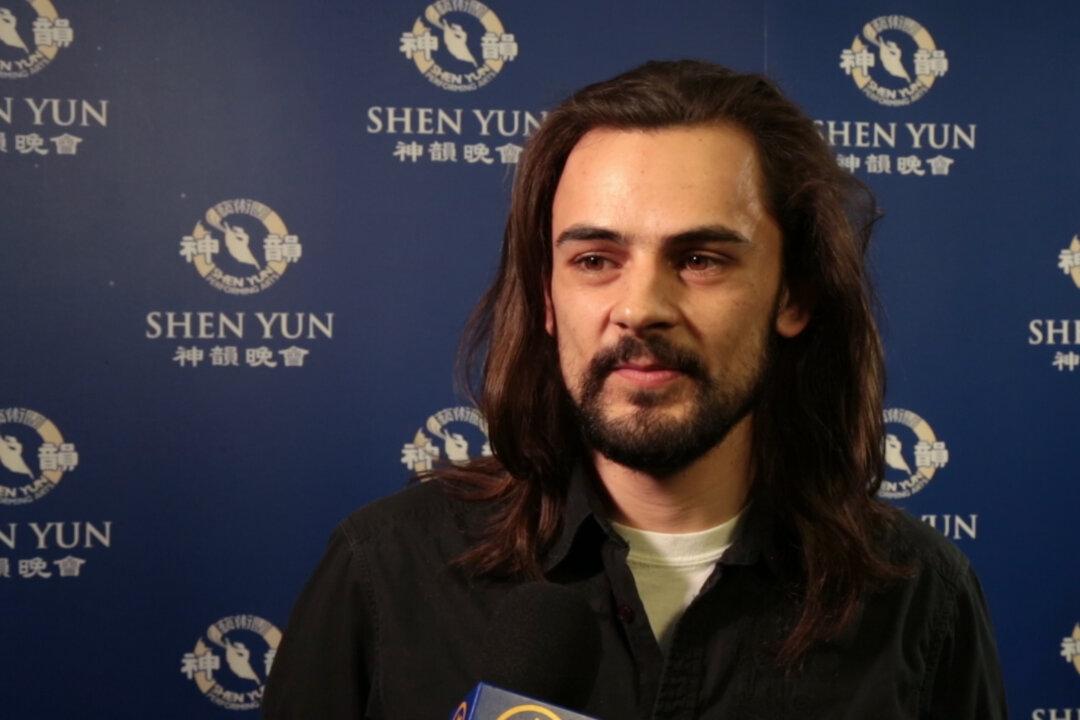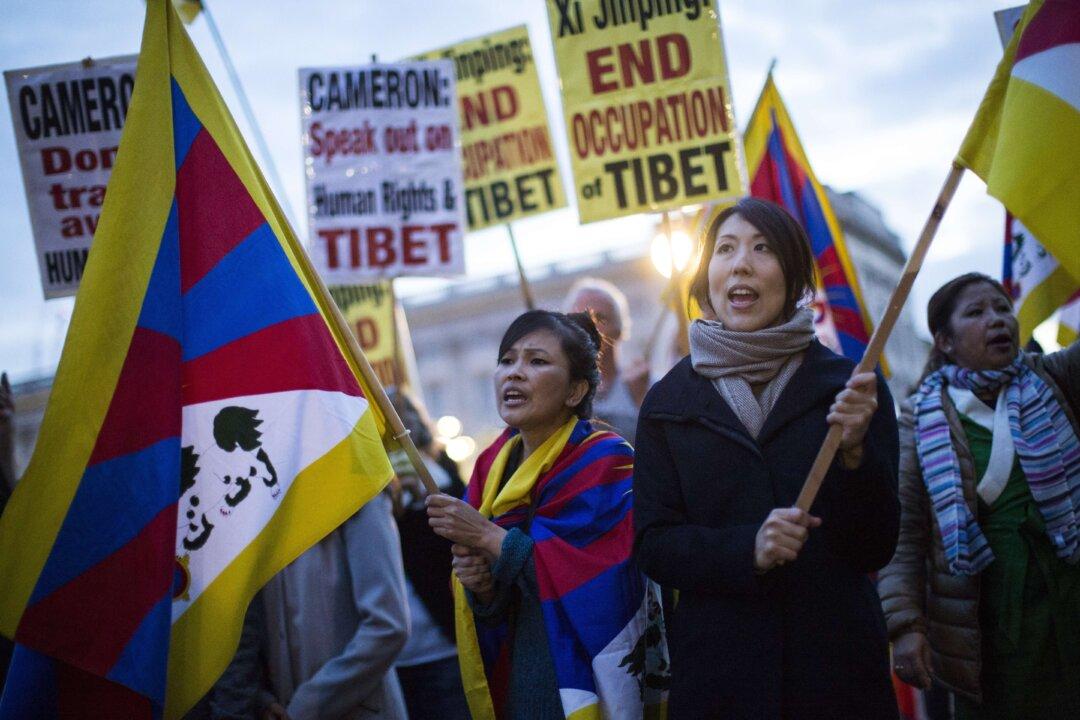LONDON—A documentary about the killing of tens of thousands of Chinese prisoners of conscience for their organs has won the 2015 Association for International Broadcasting (AIB) award for best international investigative documentary. It follows the film’s receipt of a prestigious Peabody award earlier this year.
On winning the most recent award, director Leon Lee said: “This is a huge honor for me and the team who stood by me for eight years while we made the film. I hope more people will now be prompted to watch the film and, most importantly, that it will make a difference and end organ harvesting.”
Judges who chose the film, which was competing against productions from the BBC, Sky News and others, said that it “captures the horror of the story through credible testimony and proactive research”, adding that the story “definitely needs to be more widely known.”
The film’s producer, Flying Cloud, is a small independent company based in Vancouver, Canada.
Simon Spanswick, chief executive of UK-based AIB, agreed with the judges: “Although I was not a judge for this category, as a former programme-maker, I could see this film was clearly up there. Small production companies that do really good work do win AIB awards – it’s not unusual – and the award will have an impact and enable the programme to be sold more widely.”
“Human Harvest: China’s Illegal Organ Trade“ tells the story of how in a few years, China created a large-scale, highly profitable organ transplant business without an organ donor system.
It questions the source of the organs and how Chinese hospitals can offer transplants within weeks when patients in the West typically wait years.





